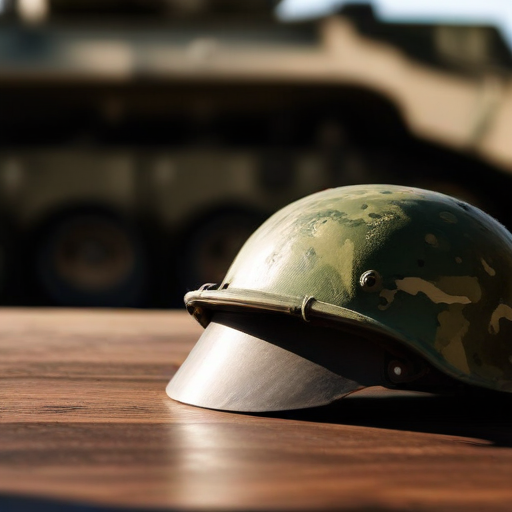South Korea’s military, once seen as a modern and disciplined institution after years of efforts to improve its image post the tumultuous 1970s and ’80s, faces a significant setback. This came to light during a parliamentary hearing held on Thursday, where General Park An-su, the Army chief of staff, struggled to justify the military’s actions following a brief and chaotic imposition of martial law this week.
Gen. Park revealed that the military was caught off guard, stating, “We were not militarily prepared because it was put into action in such a hurry. There was confusion.” This testimony marked the first chance for lawmakers to hold the military accountable for the sudden martial law order initiated by President Yoon Suk Yeol. The decree, which sparked widespread protests and public outrage, was quickly rescinded just six hours after its inception, highlighting the fragile state of political stability in the country.
This troubling episode serves as a reminder of the importance of thorough planning and preparedness within the military structure. However, it also presents an opportunity for South Korean leaders to engage in essential dialogues about governance, civil rights, and the role of the military in democratic society. The swift public response indicates a robust civil engagement, suggesting South Korea’s citizens are vigilant and willing to stand against perceived governmental overreach, which is a promising sign of a functioning democracy.
In summary, while this incident has raised serious concerns about military readiness and governance, it also emphasizes the strength of civil society in South Korea, which can foster future improvements in both military and political operations.
